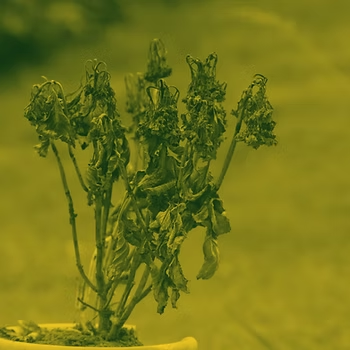"Chex and Balances" by Melissa Wabnitz Pumayugra
- Oct 2, 2022
- 3 min read

I think of her when I enter my kitchen. I think of her when I see fresh beets, used ashtrays, gleaming Oldsmobiles, or bright red hair dye. I think of her when I see myself in the mirror or hear Russian spoken in passing. I miss her daily, but I won’t ever get the closure I truly need to lay my grandmother, Zayne, to rest. She was the original unapologetic, Grade-A, Bad-Ass Bitch in my life. Standing less than 5 feet tall, my grandmother was the first person I ever knew who traveled abroad and who picked up a foreign language as a hobby. She enchanted new people, made easy friends, and kept a steady job. As difficult as she was, I loved her. Like the adage says, I miss her more than ever knowing I will never get another chance to talk to her again. Despite her tendency to berate anyone who didn’t fit into a size 6 dress or “loudmouths,” during her life, my grandmother was remarkably helpful to others. Following her death, I learned that she had helped several families by sponsoring and petitioning for their citizenship. She tutored people in her community and taught numerous people how to read. My elderly grandmother swung a hammer many times building homes with Habitat for Humanity. Rumor has it that she even swung her manicured fist at her family members on more than one occasion. I don’t doubt the stories. I am just grateful it was never directed at me.
So how can it be that this mish-mash of qualities also drove me absolutely nuts? That Zayne alienated caregivers, family members, and restaurant workers more than she enchanted them? How could this tiny little lady in a size 5 shoe have caused grown men to cower? And how could she literally, this year after she passed, come to haunt me too?
Families are like that, I suppose. Or are they? When I received the final death certificate, one bold word stood out to me: Schizophrenia. That her illusions of grandeur were maybe not just visible to me, but to her also. The boldness of her actions and voice amplified by unseen forces governing her mind. And sadly, this diagnosis wasn’t something I was aware of prior to her passing. The word hit me with fierceness. I knew of dark depression, looming memories, violence, sadness, yes. But to have one’s memories or mind betray them entirely? This was news to me. Alone in the dark of the night with my son, I often reflect on what my children will inherit from me. Zayne’s exciting yet compulsive behavior? Her off-putting racism directed towards others? Or her generosity? Her ease in crowds or museums? The truth is that I don’t know the entirety of her legacy quite yet. My baby, suckling in my exhausted arms, points at her paintings hanging in my kitchen. I affirm his growing curiosity with my own hope. Maybe our legacy isn’t mental illness. Maybe our legacy is something more, something pure.
“Yes baby,” I find myself saying. “I miss her too. Aren’t those colors pretty?” I turn to the pantry and think of her. I think of the unopened box of Chex that will perpetually remain on my shelf--a testament to the staying power of my grandmother.





Comments